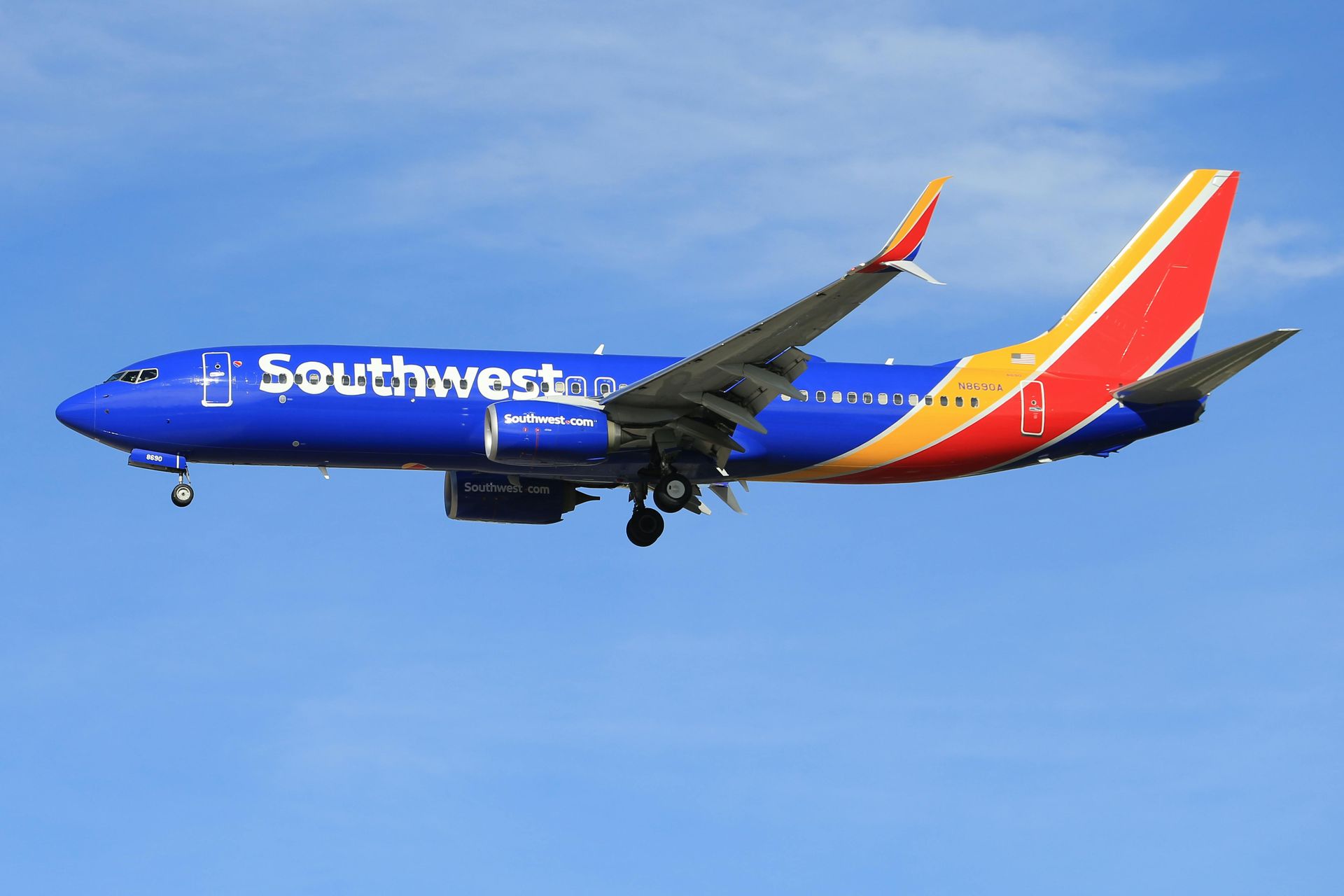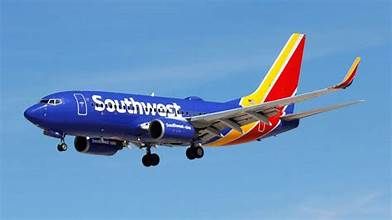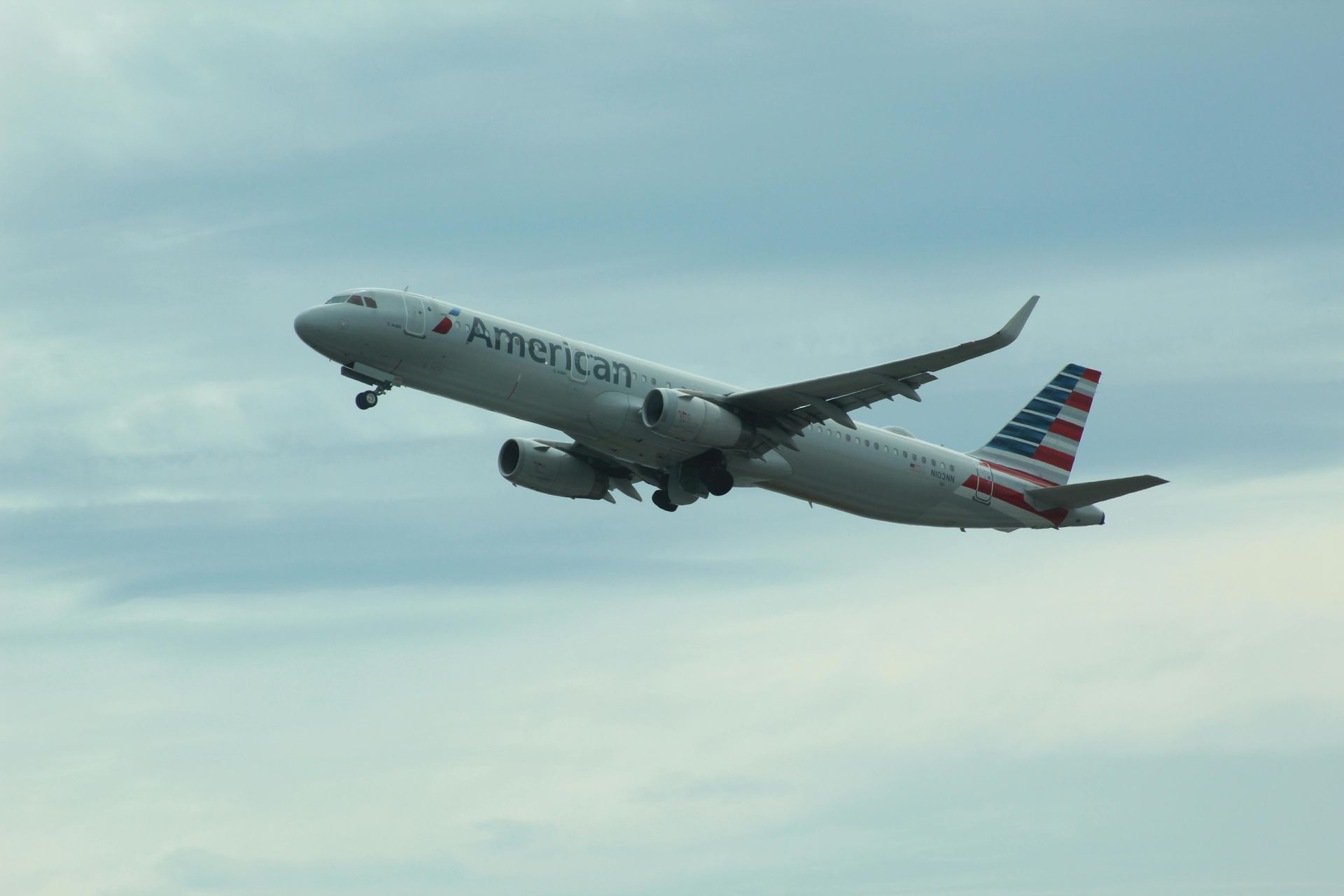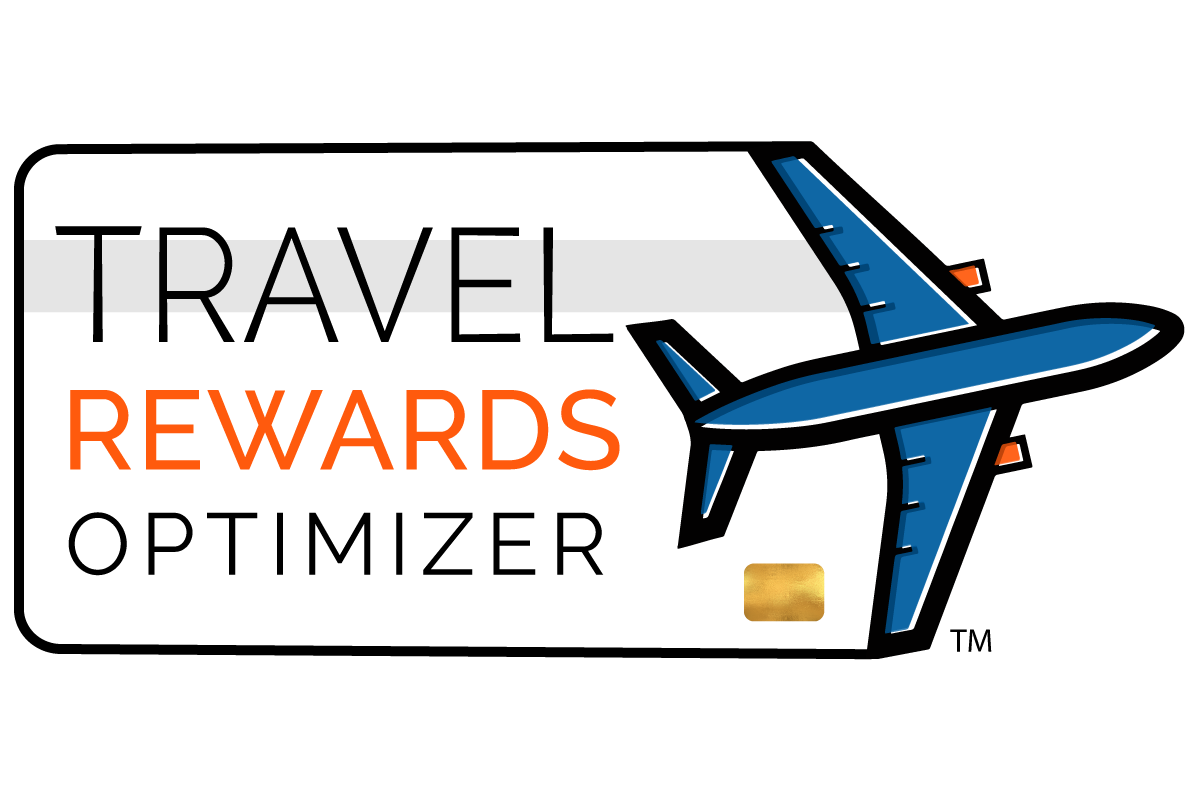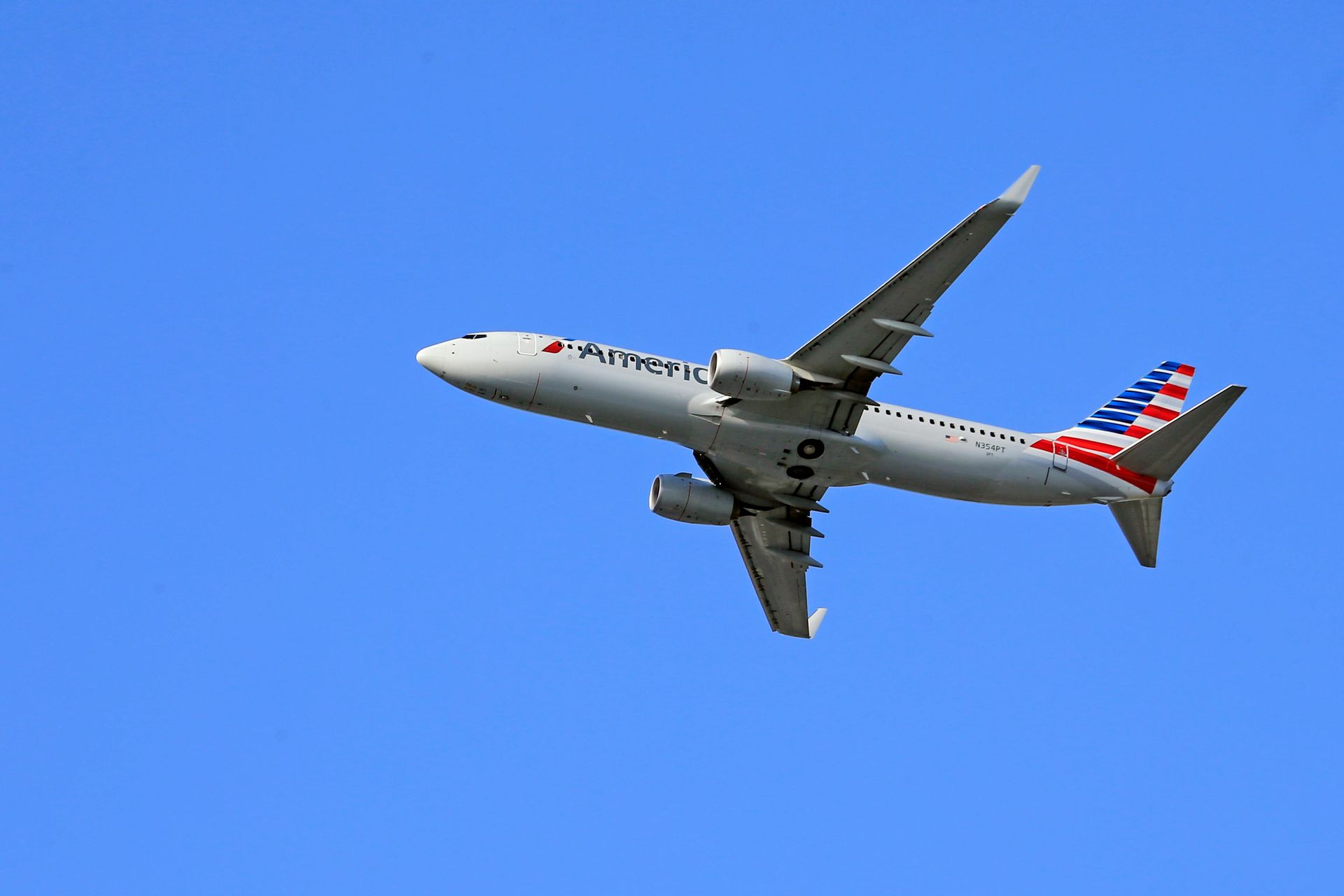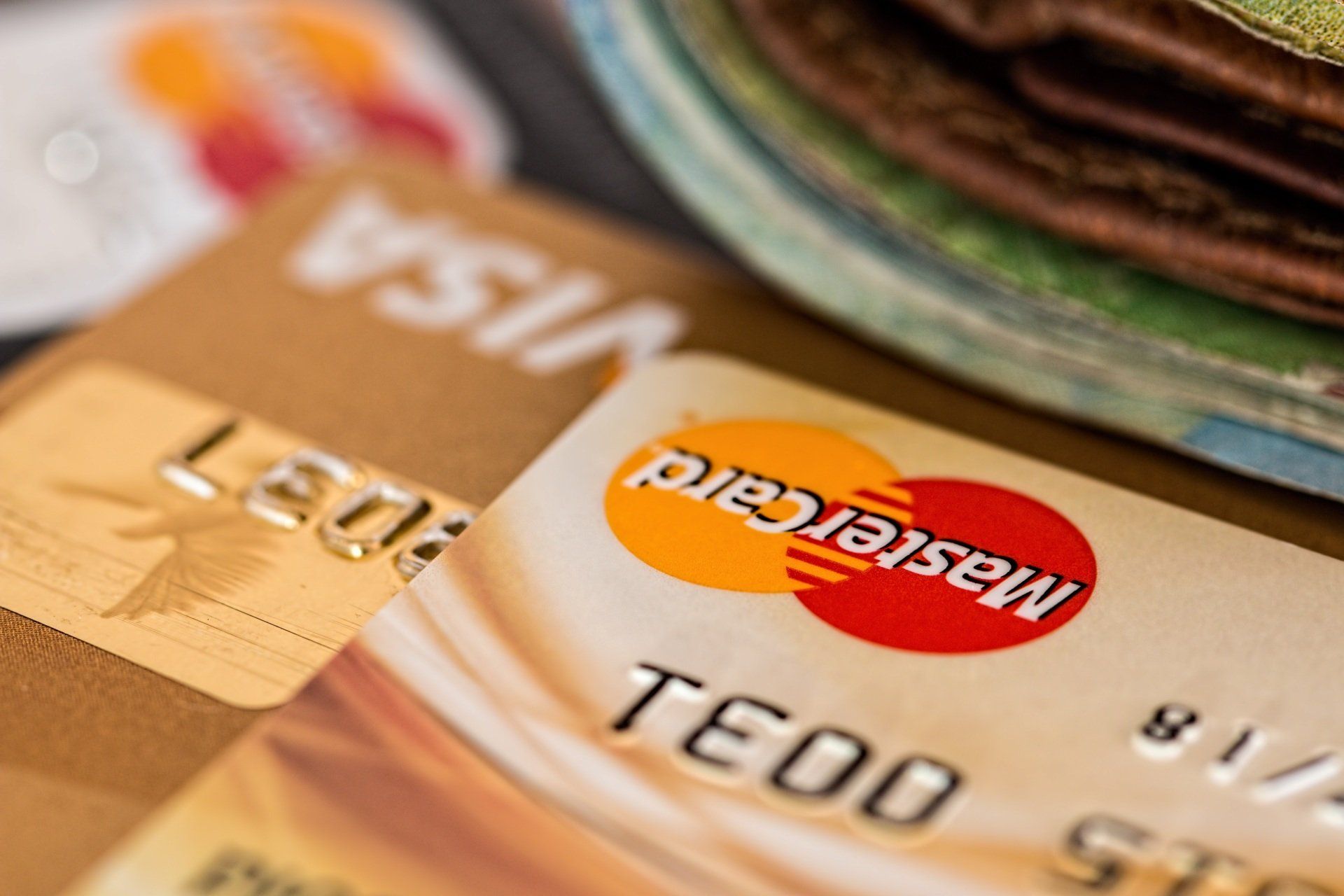The $100 Annual Fee Credit Cards: THE Keys to Unlocking the Most Travel Rewards Value
With respect to annual fees (AFs), I tend to think of travel rewards credit cards or charge cards as falling into three categories:
- Cards with no annual fee
- Cards with an annual fee of around $100
- Cards with an annual fee of $500 or more
Cards with a $0 AF, despite being free, can offer as much as two percent (2%) cash back on purchases. If you are not particularly interested in rewards travel, this is an easy play for reducing your expenses and you have the flexibility to use the cash any way you choose. Typically, people might use their cashback balance as credits against their statements or to purchase gift cards.
Travel cards with high ($500+) AFs tend to be luxury cards which add various perks for travelers such as elevated status with hotels, access to airport lounges, and credits for rideshare services. These cards often provide opportunities to accelerate your mile or point accumulation by giving you bonus points for spending in certain categories. In addition, those that offer the proprietary points of the issuer (Ex: Chase Ultimate Rewards Points, American Express Membership Rewards Points) give the cardholder the option of transferring these flexible points to airline and hotel loyalty programs.
For those new to the points and miles game, or those who are not looking for luxury, the travel cards with AFs of around $100 are the “sweet spot” for travel rewards. Like the luxury cards, they can offer bonus points for purchases in certain categories to accelerate your earning. And, as with the luxury cards, if the cards yield flexible points, those points can be transferred to airline and hotel loyalty programs. It is this process of transferring flexible points to the issuing bank’s airline or hotel partners that provides the greatest travel value.
The major credit card issuers tend to follow the pattern of offering a $0 AF cashback card and the option of stepping up to a $100 AF card that gives you the opportunity to pursue more valuable travel rewards. As I suggested in the title, these cards are the keys to unlocking significantly more travel value.
Chase
Chase offers no fee cards like the Freedom Unlimited and the Freedom Flex that operate as cash back cards. The Freedom Unlimited is effectively a 1.5% cashback card. The Freedom Flex offers 1% cashback on most purchases, but that yield can be raised slightly as this card offers 5% cashback on quarterly rotating categories such as gas, dining, or groceries. The 5% cashback is limited to the first $1500 spent in the category.
The least expensive travel rewards “key” card offered by Chase is the Sapphire Preferred card. This $95 card comes with a generous sign-up bonus (worth at least $750) and gives bonus points for spending in certain categories. Chase’s proprietary points (Ultimate Rewards points) can be used to pay down balances or for gift cards. But, most importantly for travel rewards, these points can be transferred to 11 airline (including United and Southwest) and three hotel partners.
Citi
Citi’s no fee cashback card is the Citi Double Cash which gives you 2% cashback on all purchases. This card generates “ThankYou points” and these points give cardholders access to three airline and hotel partners. However, the redemption rates for these partners are not very attractive.
The Citi travel rewards card that unlocks real travel value is the Citi Premier card which has an AF of $95. It comes with a generous sign-up bonus and offers a 3X bonus in several categories: flights, hotel, gas, dining, supermarkets. And, the ThankYou points can be transferred to 14 airlines and three hotels.
American Express
American Express’ Blue Cash Card is a free card that lets you apply cash back to statement balances. It offers 3% in some categories with limits or ceilings before the cashback amount drops to 1%.
To earn and transfer American Express’ Membership Rewards points, you need to step up to the EveryDay Preferred card with a $95 AF. This card has a modest sign-up bonus and gives you bonus points for certain categories. There is an additional 50% bonus if you use the card at least 30 times per month. The Membership Rewards points can be transferred to 17 airline (including Delta) and three hotel partners.
Capital One
This bank’s free card is the VentureOne Rewards card. You might or might not get a sign-up bonus with this card depending on your credit history. Unlike the no fee cards offered by other banks, the points you earn on the VentureOne card can be transferred to airline and hotel partners. However, the downside is that this card earns at a 1.25% rate which is poorer than the cashback rates of the no fee Chase, Citi, and Amex products.
Capital One’s Venture card, at $95 a year, earns two points per dollar spent on all categories and these points can be transferred to 15 airline and three hotel partners. Additionally, this card comes with a valuable bonus and some other perks.
__________
The adage “you have to spend money to make money” certainly applies when leveraging your miles and points for the most lucrative travel rewards. No fee cards are great options for some people but your “return” on your regular spending is going to top out at about two percent. However, stepping up to cards with annual fees of just under $100 can turbocharge your accumulation of points and miles and get you on your next vacation faster. The value of the sign-up bonuses alone will cover the AF. Just as importantly, these cards offer category bonuses that will help you accumulate miles and points more rapidly on an ongoing basis. And finally, the points from flexible point cards can be transferred to many domestic and international airlines.
Our Travel Rewards Optimizer plan takes our knowledge of the above-mentioned cards and many others, and incorporates an analysis of your travel goals, travel style preferences, spending patterns, and loyalty programs to give you a customized blueprint for generating free and reduced cost travel.
We are ready to help you turn your routine credit card spending into the travel of your dreams.

